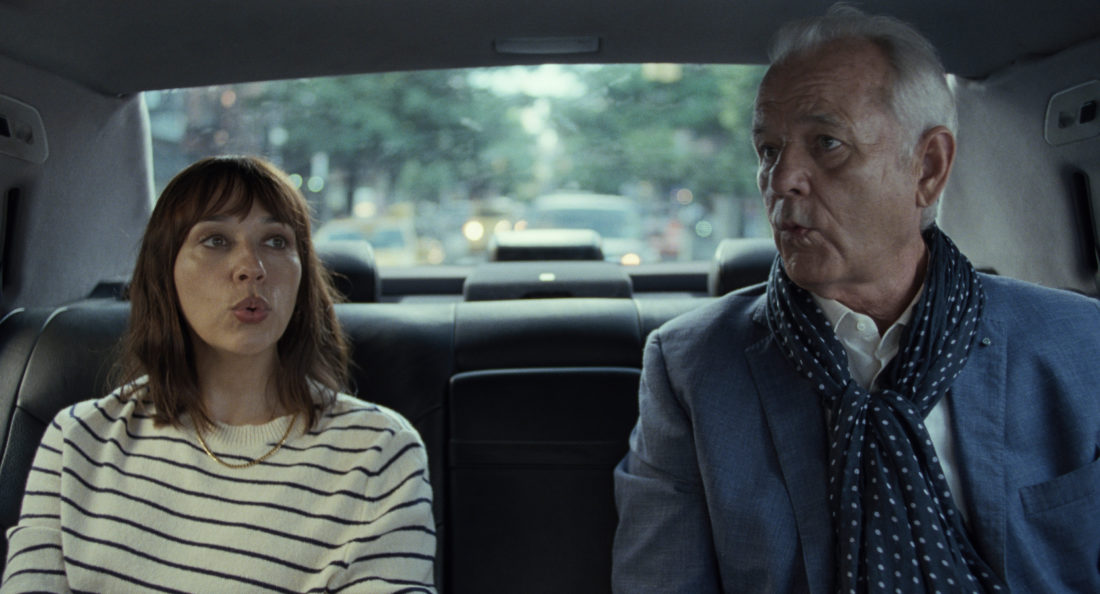In many ways, On the Rocks is Sofia Coppola’s best film.
Following 2015’s amusing holiday special diversion, A Very Murray Christmas, the official reunion of the Oscar-winning screenwriter and her Lost in Translation star Bill Murray reaps the rewards that come with continued collaboration between inspired minds dedicated to building on past successes.
As a result, the pair’s second feature arguably yields the quintessential “late career” Murray performance, continuing his renaissance that began with Rushmore (1999). Fed zinger after zinger by Coppola — who tailors the material to the national treasure’s strengths better than anyone not named Wes Anderson — Murray is an absolute pleasure and very well could find himself with some new hardware come awards season.
The conduit of his delights this go-round is Felix, a wealthy Don Juan type who comes to the aid of his daughter Laura (Rashida Jones) once she suspects her workaholic husband Dean (Marlon Wayans) of cheating on her with sexy new colleague Fiona (Jessica Henwick, Love and Monsters).
Murray and Jones craft strong comedic rapport while partaking in amateur sleuthing around New York City, during which they unearth a fair amount of poignant observations about marriage, parent-child relationships and the eternal challenges of adulthood. But while the characters’ struggles and personal revelations are relatable, they’re also off-putting due to the players’ somewhat distracting wealth and privilege — an issue that’s plagued even Coppola’s finest work.
Sympathy obstacles aside, On the Rocks is a complete blast and inspires memorable performances from its handful of supporting characters, namely Wayans — in his first mature role since 2000’s Requiem for a Dream — and Jenny Slate (Landline), hilarious in her handful of scenes as a fellow chatty mom who treats Laura like a free therapist while they wait in the child pickup line at school.
Whether the film is indeed better than Lost in Translation, however, is somewhat of an unfair question. It’s difficult not to compare them, but they have little in common narratively and tonally, with the 2003 work favoring a more soulful approach that leans heavily on existentialism and the mystique of its Japanese scenery.
But its 2020 counterpart is considerably funnier, its dialogue flows more naturally, and its grounded approach leads to a complete lack of pretension, suggesting Coppola’s increased confidence in her writing and directing. If that’s not a step forward, what is?
Available to stream starting Oct. 23 via Apple TV+




Before you comment
The comments section is here to provide a platform for civil dialogue on the issues we face together as a local community. Xpress is committed to offering this platform for all voices, but when the tone of the discussion gets nasty or strays off topic, we believe many people choose not to participate. Xpress editors are determined to moderate comments to ensure a constructive interchange is maintained. All comments judged not to be in keeping with the spirit of civil discourse will be removed and repeat violators will be banned. See here for our terms of service. Thank you for being part of this effort to promote respectful discussion.